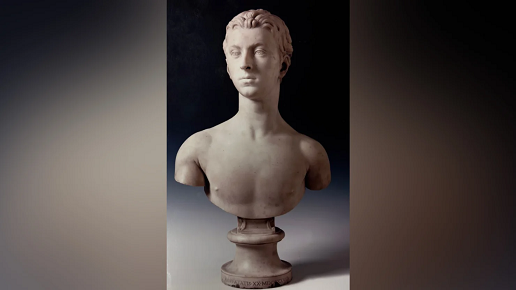The New Taipei City Government (新北市政府) has spared no effort in the education of new immigrants. From the most basic Chinese language learning, cram schools, to new immigrants learning center, it provides diversified learning programs, training for teachers and language interpretation courses, so that new immigrants can adapt to life in New Taipei City, to live and work in peace with their families. In addition, the Ministry of Education (MOE, 教育局) provides friendly resources and a warm atmosphere, so that new immigrants living in New Taipei City can be happy, and citizens can share their sweet stories about their exotic marriages.
Read More: New Taipei City opens summer activities starting August 10
0816.jpg)
Li La chue wei from Thailand shares an exotic marriage. Photo/Provided by New Taipei City Government
Li La Chue Wei (李拉雀薇), a new immigrant from Thailand, said that she met her Taiwanese husband when he worked in a branch of a Taiwanese company in Thailand after he left the army. She was still a college student at that time, and the two communicated in Thai mixed with English. After marriage, they immigrated to Taiwan from Thailand. After their child was born, Li La Chue Wei enrolled in Chinese language classes, joined language interpretation courses and teachers training, and volunteers at the International Culture and Education Center (國際文教中心). She now works as an interpreter at the National Immigration Agency (NIA, 移民署) and assists her fellow new immigrants in adapting to life in Taiwan.
Read More: National immigration Agency uses their mobile car to accompany new immigrants in epidemic prevention
0816.jpg)
Ai shan-ni from Chile is actively learning Chinese to adapt to life in Taiwan. Photo/Provided by New Taipei City Government
Ai Shan-ni (艾珊妮), a new immigrant from Chile, said that she met her husband when he went to Chile to do business six years ago. After the two fell in love, they moved to Taiwan and got married. When she first arrived in Taiwan, she was not used to the unfamiliar living environment. The culture and the language are different. With the encouragement of her husband and the birth of her daughter, she started to accept the difference in culture and started to learn Chinese and adapt to Taiwanese culture. She attended Chinese language classes, cram schools, and activities in the International Cultural and Education Center, etc., to quickly adapt to life in a foreign country.
Marriage in a foreign country is not easy. In addition to facing language and cultural differences, it is also necessary to assist in the challenges and setbacks encountered, including learning Chinese, starting a business on their own, or entering the workplace. If both parties are willing to spend time running the family, the cultural and language barriers can be broken, leading to a happy marriage. New immigrants’ families have their own problems and successes, which makes them even more admirable.

0816.jpg)





